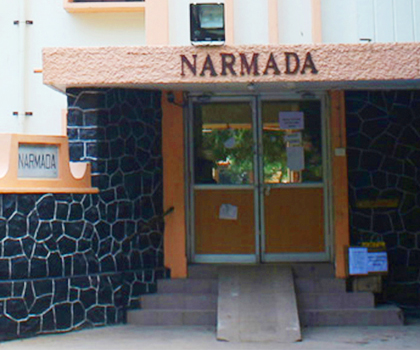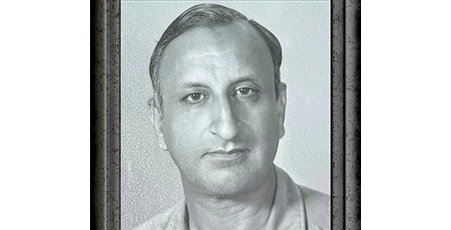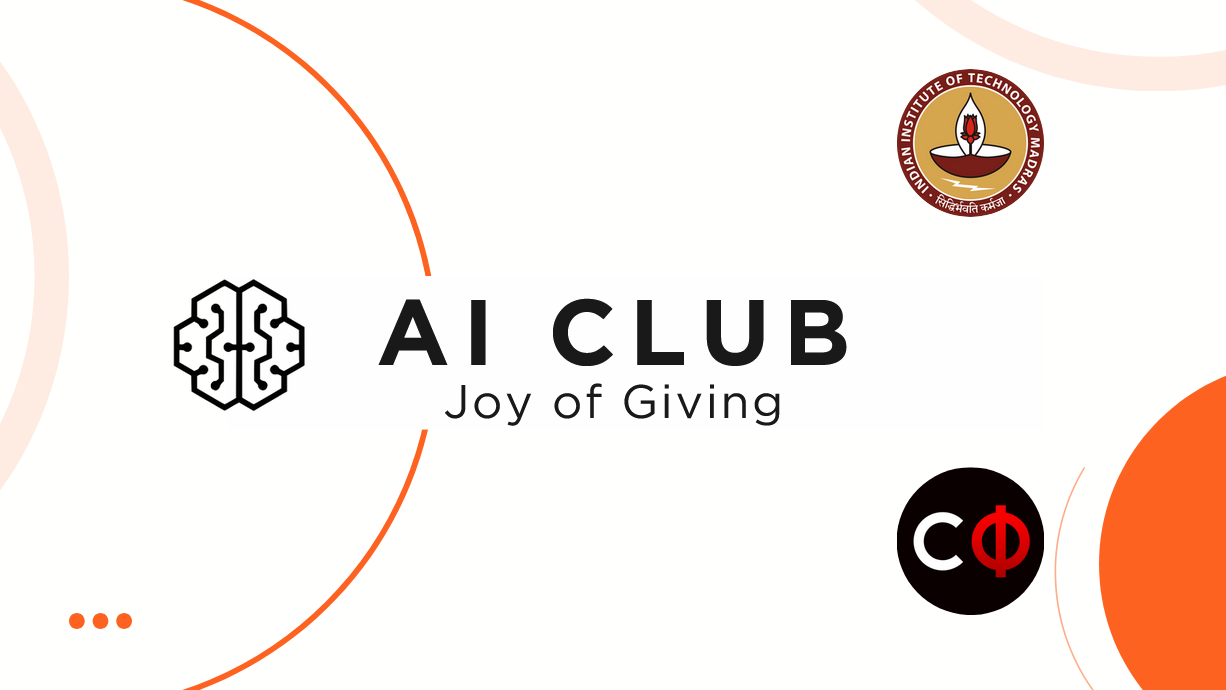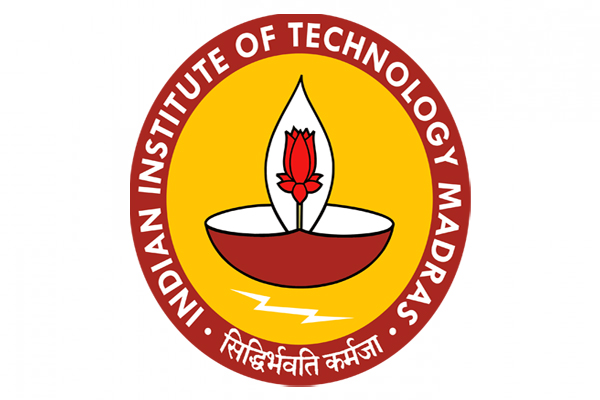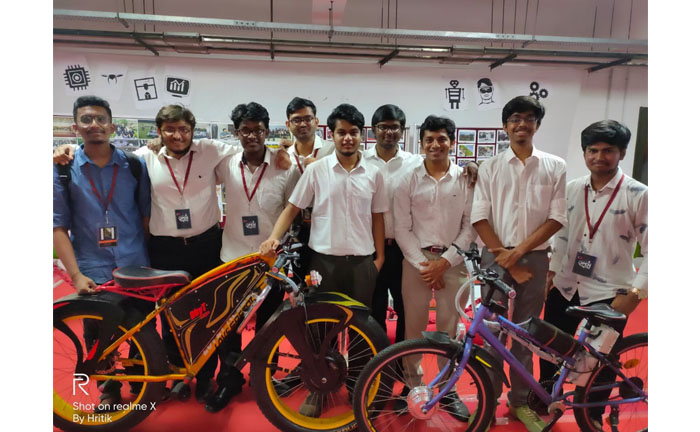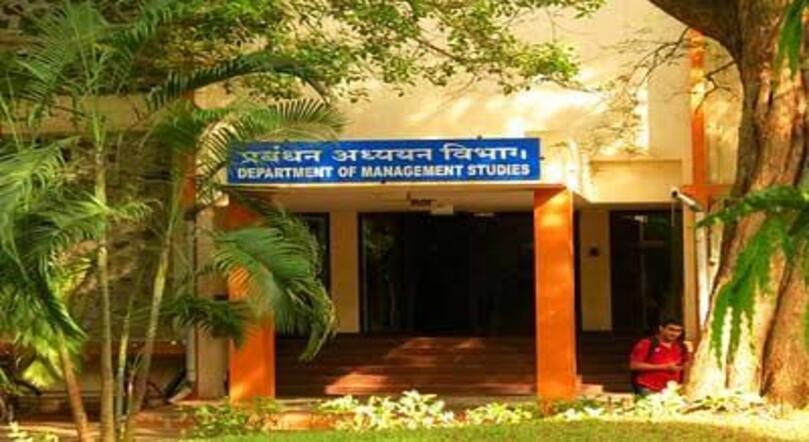Description
Cancer is one of the fatal health problems faced by humanity today. The limited survival of cancer patients is likely due to a high proportion of patients with advanced disease stages, a lack of suitable markers for early detection, and failure to respond to available therapy. There is a growing need to identify and characterize the mechanism of tumor initiation/progression, as well as the efficacy of different drugs on individual tumors. In addition, due to the heterogeneity of cancers among different populations, population-specific approaches are critical to managing cancer in specific populations. With the rapid growth in knowledge of the molecular basis of cancer progression and evolution, biomedical research and the health-care system in India need to shift toward a vision of "personalized medicine", which may improve the standard of medical care by including an individual's genetic and molecular information in the clinical decision-making process.
Pancreatic cancer, specifically pancreatic ductal adenocarcinoma (PDAC), is an important public health problem and has become the 4th leading cause of cancer-related death worldwide, with little improvement in outcomes despite decades of research. Survival rates are among the worst for any cancer, with the mortality to incidence ratio being 98%. Its occult nature and the lack of non-invasive sensitive biomarkers result in diagnosis often after the cancer has advanced locally to the point of being non-resectable or has metastasized to distant sites. As current therapeutic results are so dismal, it is essential to identify the genetic factors that influence the development of this disease to implement preventive and screening strategies that can reduce the burden of this lethal cancer. Apart from a few exceptions, most clinical trials in PDAC have failed to demonstrate a clinically meaningful survival benefit. This is perhaps not surprising because of the non-availability of genomic information. This hampers clinical trial efficiency, as the responsive phenotype of a therapeutic regimen would fall below the detection threshold of most conventional treatment. Surgery remains the only chance of cure, yet only less than 10% of patients will be alive at five years after pancreatic resection. Few chemotherapeutics provide some improvement in outcome, and even then, for approved therapies, the survival benefits are marginal. In India, like most countries in the world, there is no screening program for the early detection of pancreatic cancer. Furthermore, symptoms related to pancreatic cancer tend to be nonspecific, including weight loss, abdominal pain, nausea, and dyspepsia. This may explain the failure of conventional clinical trial designs to show any meaningful survival benefit, except in small and undefined patient subgroups. Both of the above contribute to the late presentation of the cancer and its notoriously poor outcomes. Consequently, there is an urgent need to identify PDAC specific biomarkers and drug targets to develop novel therapeutic approaches that leverage treatment selection for patients with PDAC in India.
Read more..
Read more..
Multi-omic analysis for Pancreatic cancer of Indian cohorts
- No.of Donors : 4








